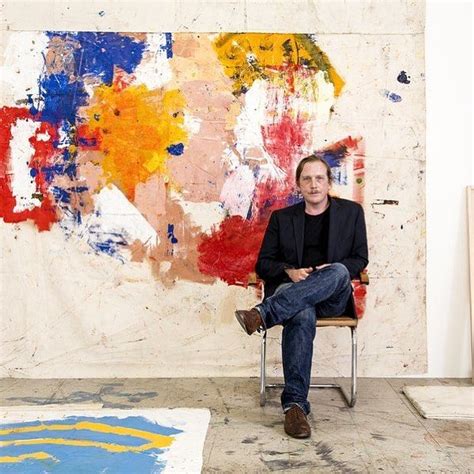A Quote by Paul Rust
I try not to rely on pop culture references as a crutch for jokes, because then, I think, that's when the timelessness quality is lost.
Quote Topics
Related Quotes
I'm not good at narrative; I'm really a gag writer, and that comes from being in the newspaper comic strip world for a while in college. What I do is I just write tons of jokes, then I sort them out in terms of quality and then pick the best of the jokes and then try to form them into a plot. If I get a good theme going, I feel lucky.
People are gonna think that MTV censored me, and they really didn't. I really wanted to try to make a show that didn't rely on offensive, edgy material because I think it was an exercise in trying to write without that. Because I see that as a crutch sometimes and I want to know that I can do something funny and worthwhile without that. And also make a show that my parents would like and that kids could watch with their parents.
For me, anything goes when I pick up a mike. I'm not trying to hurt people - I try not to get too personal - but I look at myself as a reporter. If you can report on anything that has to do with pop culture, then why can't I make jokes about it? Yes, it hurts. But I figure that laughter sometimes starts from pain. You might wince, but then I know that I'm doing my job. The only thing I can do wrong is not be funny.
I’ve always thought that if comics are a part of pop culture [then] they should reflect pop culture, but a lot of the time comics, superhero comics especially, just feed on themselves. For me, comics should take from every bit of pop culture that they can; they’ve got the same DNA as music and film and TV and fashion and all of these things.




































